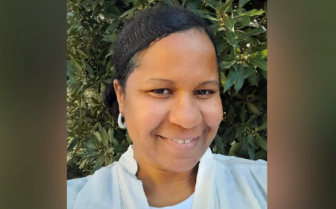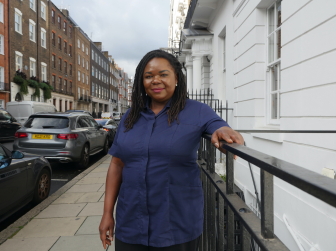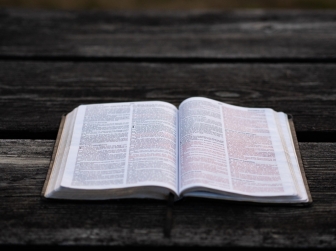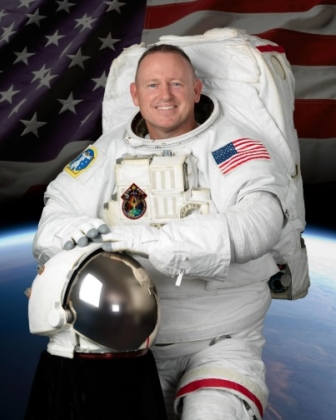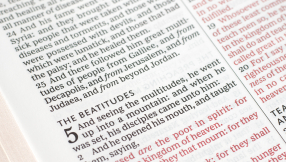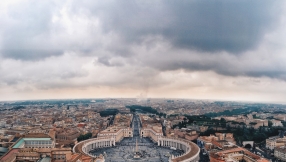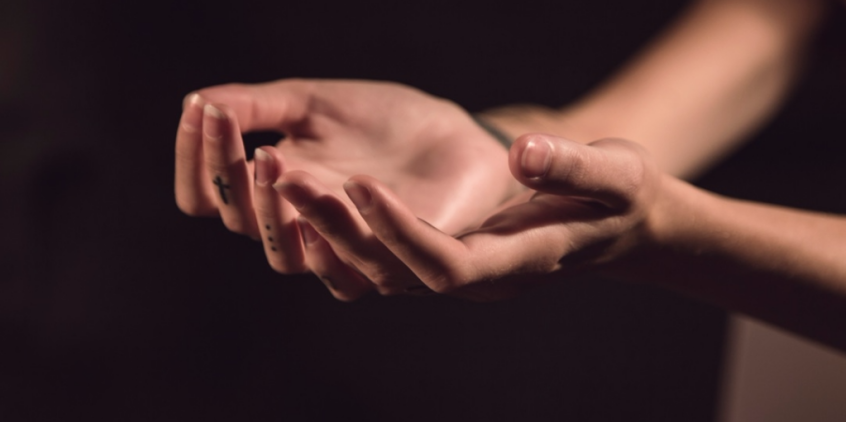
The majority of Americans believe people can be physically healed supernaturally by God, and more than a quarter have experienced a miraculous healing, new research has found.
Two-thirds (66 per cent) of US adults said they believed in supernatural healing, half of whom said they strongly believed it is possible to be healed by God, and the other half who said they somewhat agreed.
Almost one in five (19 per cent) said they strongly disagreed it was possible.
Evangelical Christians are the most likely group to believe in the supernatural healing of God, with 87 per cent of them strongly agreeing it is possible. Of practising Christians, six in 10 strongly agree.
Even a small number (seven per cent) of people who have no faith said they agreed it was possible.
The survey was undertaken by the Barna Group, which also found that Protestant Christians are three times more likely than Catholics to believe people can be supernaturally healed by God.
Research also revealed that 27 per cent of respondents said they had experienced a physical healing that could only be explained as miraculous, and not solely as a result of normal process, medical procedure of the body healing itself.
This figure rose to 51 per cent of practising Christians and 48 per cent of evangelicals.
Almost one in 10 (eight per cent) of agnostics or atheists said they have also experienced a miraculous healing, and 18 per cent of Catholics said the same.
"Most Christians have been in a church service where the pastor prays specifically for someone's health," said Roxanne Stone, editor in chief at Barna Group.
"Sometimes pastors pray for the doctors ('guide the doctor's in their work'), and sometimes the patient's and family's state of mind ('give them peace and a knowledge of your deep love'). But more often than not, the pastor also adds a prayer for the miraculous ('we ask that your healing come'). The vast majority of Christians—especially among Protestants—are familiar with and believe in this kind of prayer."
"In a post-religious, scientifically-driven culture, these high levels of belief in the miraculous may come as a surprise to many," Stone added.
"But being sick personally, or having someone you love face a serious illness, is one of the most vulnerable and devastating experiences of a person's life. It's a moment that drives many—even those who do not believe in God—to their knees in desperation. Many people seek God in that space when they may not otherwise. This is an opportunity for church leadership to come alongside people and guide them in these spiritual experiences."
